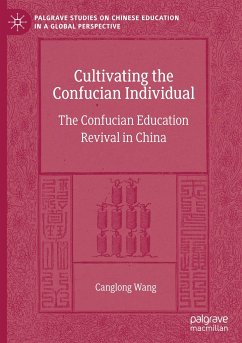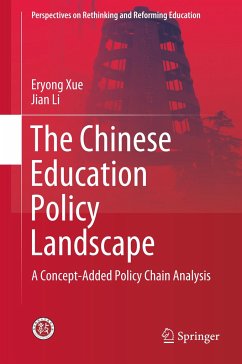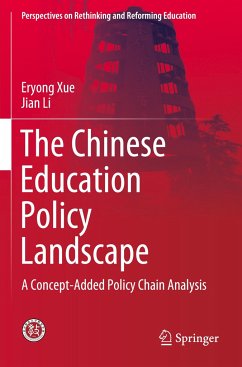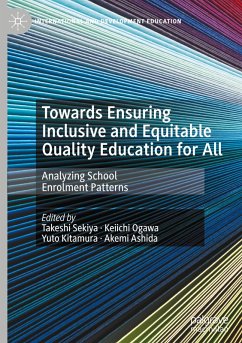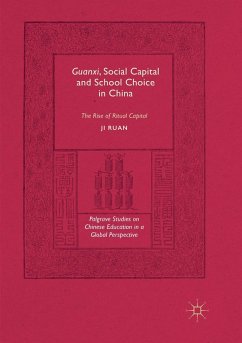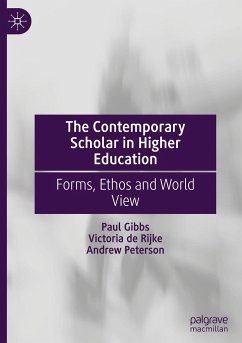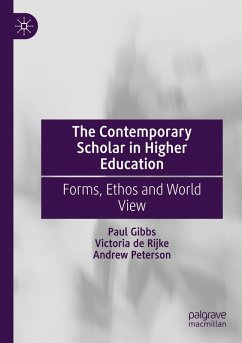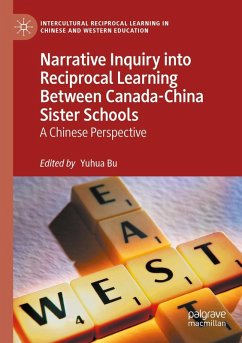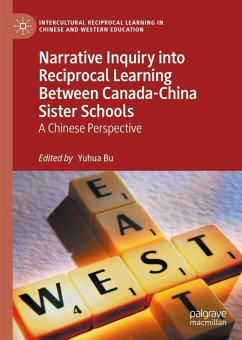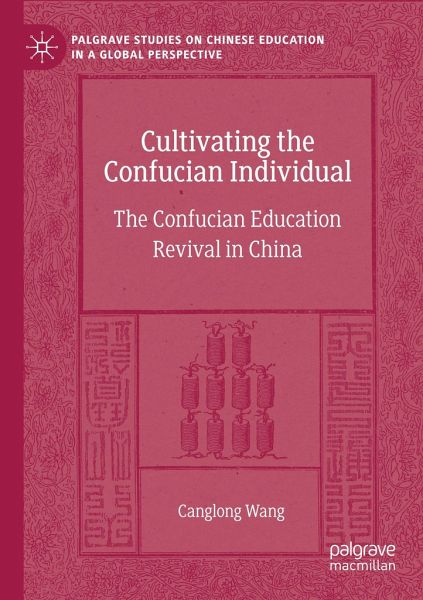
Cultivating the Confucian Individual
The Confucian Education Revival in China
Versandkostenfrei!
Versandfertig in 6-10 Tagen
113,99 €
inkl. MwSt.
Weitere Ausgaben:

PAYBACK Punkte
57 °P sammeln!
This book explores the complexities of cultivating 'Confucian individuals' through classics study in contemporary China by drawing on the individualization thesis and its implications for the Confucian education revival. Based on ethnographic fieldwork conducted at a Confucian classical school, three topics are investigated: parents' narratives and actions related to 'dis-embedding' their children from mainstream state education and transferring them to Confucian education as an alternative; the specific discourses and practices of teaching and learning the classics in everyday school life, gu...
This book explores the complexities of cultivating 'Confucian individuals' through classics study in contemporary China by drawing on the individualization thesis and its implications for the Confucian education revival. Based on ethnographic fieldwork conducted at a Confucian classical school, three topics are investigated: parents' narratives and actions related to 'dis-embedding' their children from mainstream state education and transferring them to Confucian education as an alternative; the specific discourses and practices of teaching and learning the classics in everyday school life, guided by the aim of training students to become autonomous learners; and the institutional and subjective dilemmas that arise when parents and students seek to 're-embed' themselves in either the state education system or further Confucian studies at an advanced academy for the next stage of education. The research presented in this book contributes to understanding the hidden dynamics ofindividualization in the Confucian education revival and the intricacies of subject-making through Confucian teaching and learning in the socialist state of China.



